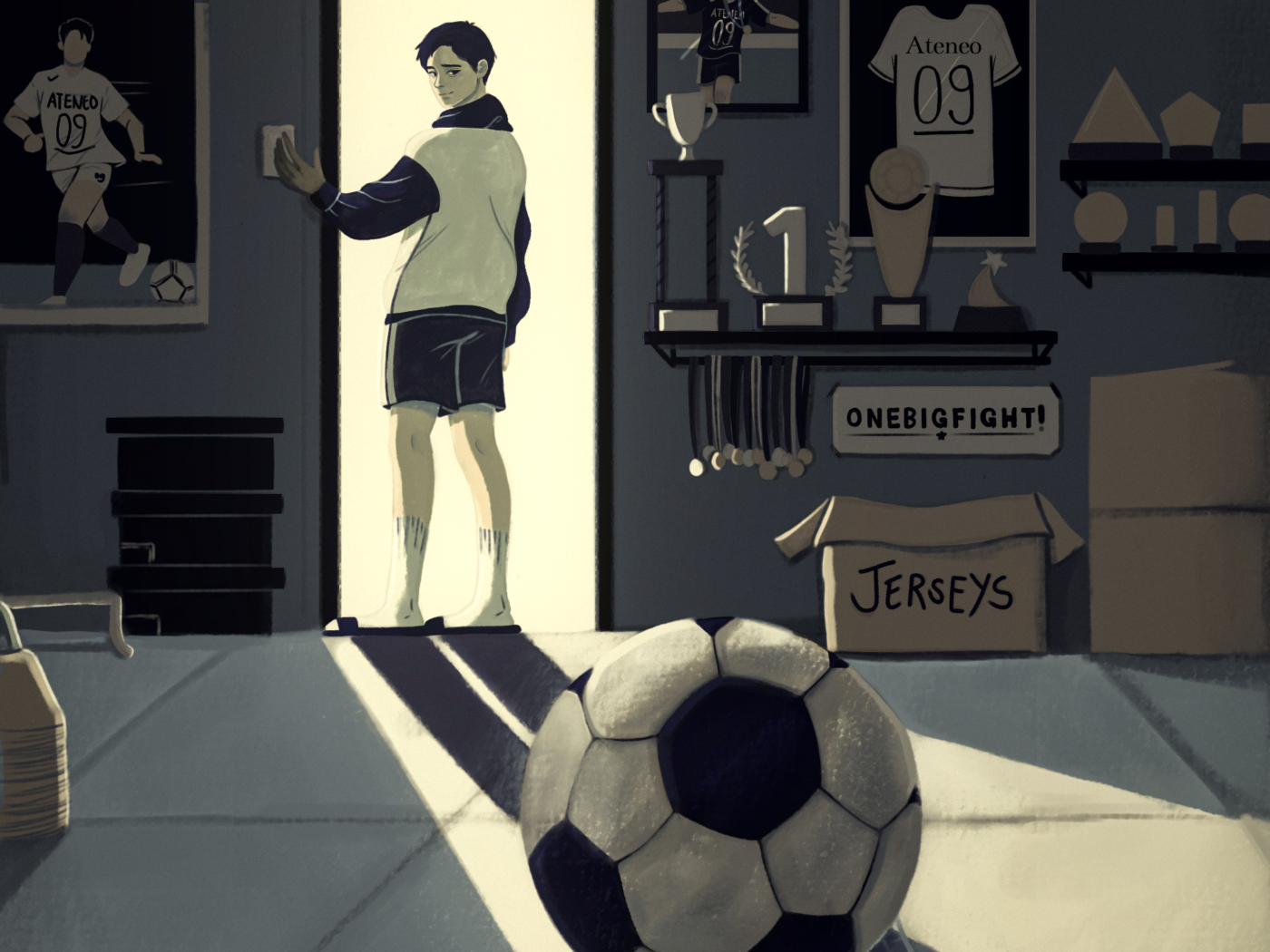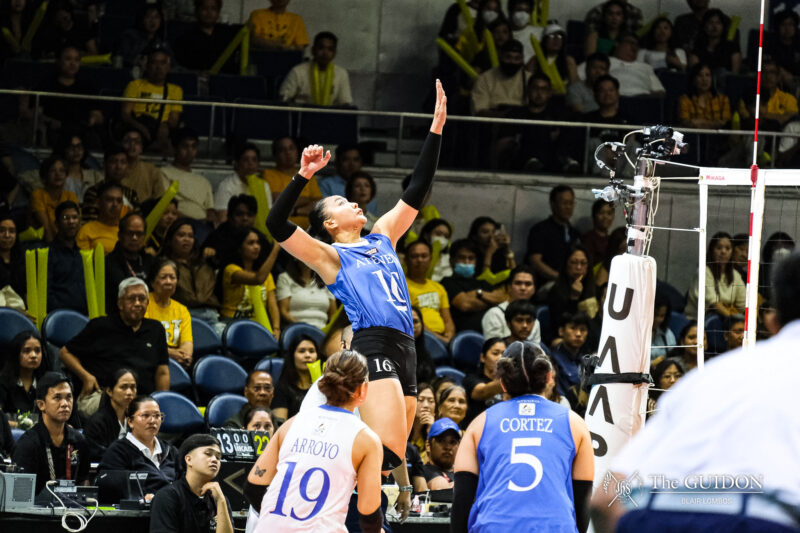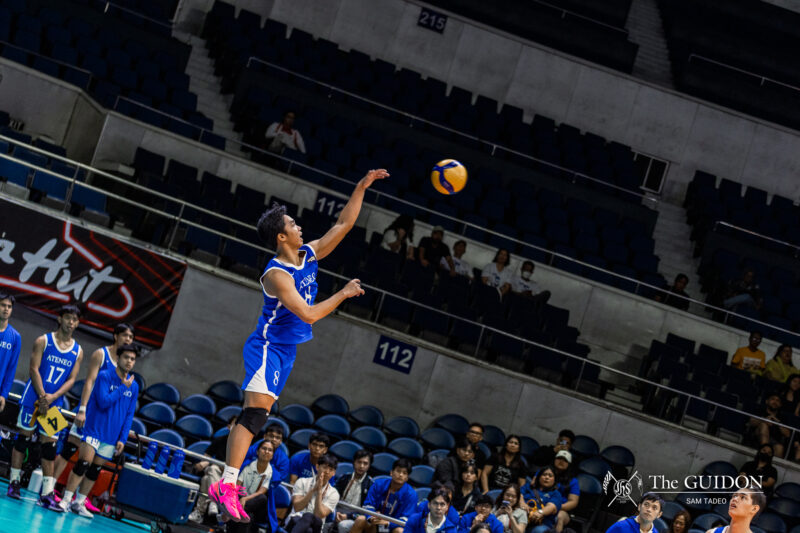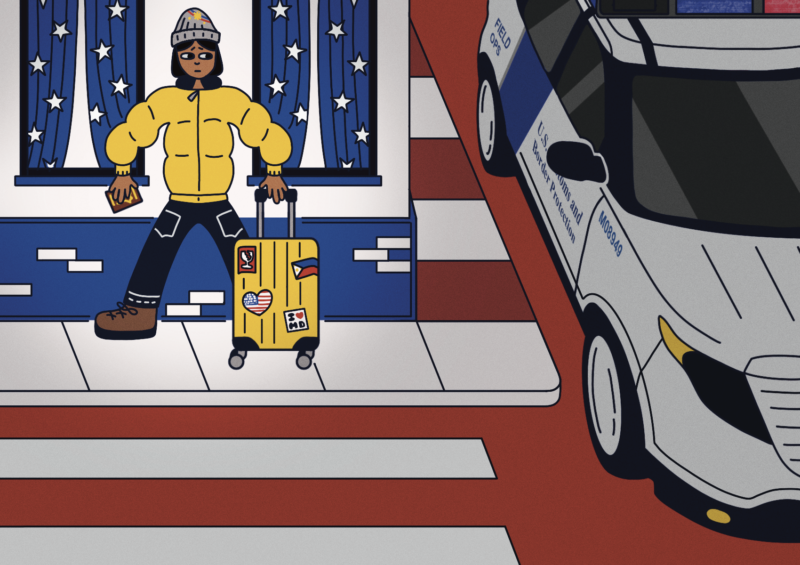BEARING THE brunt of the pandemic, student-athletes have opted out of their athletic commitments in the face of decaying passions and increasingly burdensome personal and academic lives.
While the student-athletes’ respective sports have played huge roles in their lives, the stagnation of local sports has led many student-athletes to rethink the practicality of their passion and pursue different avenues of growth.
As the COVID-19 pandemic continues to fuel these decisions in light of the prolonged cancellation of collegiate tournaments, athletes should not be stigmatized for leaving their teams and stripping off their jerseys to choose more promising paths.
Braving the storm
Restrictions imposed by the pressing crisis have called for the staging of a “new normal” that entails shifts from the usual student-athlete routines in the physical setup. Not only were competitions in the University Athletic Association of the Philippines (UAAP) postponed indefinitely, but transitions to unfamiliar methods of conducting both sports and academics had to be made.
While athletes were forced to grapple with more strenuous online learning, training was constrained in the online setup as athletes no longer had the proper equipment, appropriate training spaces, and physical guidance from coaches. These troubles were compounded by the shallower sense of team dynamics—as athletes were forced to engage through on-screen interactions with their teammates.
Andie Avedillo, a central defender for the Ateneo Women’s Football Team (AWFT), echoes this sentiment. “I have to be with other people in order to actually learn the game properly. When we’re on-site, Coach [was] always emphasizing that you have to do well as a team because it’s a team sport. Now during the pandemic, you’re learning by yourself; it’s hard to readjust [from] that thinking of being in a team to just working on your individual skills.”
Amid this absence of normalcy and the uncertainty of the UAAP’s return, student-athletes were forced to keep pace and remain hopeful. While life went on for student-athletes, they were faced with a growing sense of demotivation as the sports scene stalled, and the government began lagging behind in its pandemic response.
Hollow in spirit
Because of the lack of definite competition dates and face-to-face training, one could understand why athletes began losing passion and fire towards their sports. The demotivation caused by the current uncertainty of collegiate sports—coupled with the difficulties in balancing online academics and their personal lives—has taken a toll on the mental health of all athletes.
The recurring theme of uncertainty in Philippine sports has led athletes to look for a new outlet or space to focus their efforts on. These are usually areas wherein progress could extend beyond their collegiate years, such as their academics and various organizational work.
As Philippine sports has been put on hold, athletes begin weighing their priorities, deciding to pursue other goals while canceling out those that do not serve them anymore moving forward in the new normal.
Former Ateneo Men’s Track and Field sprinter Gio Divino has chosen to pursue his interest in software engineering in lieu of the tough adjustments needed for online training. After a stint on the Ateneo High School team, Divino aimed to be a pole-vaulter in college; a plan cut short due to the postponement of the season. While he may have left the AMTFT, Divino translated his desire to be in a team onto his passion outside of the sport, as he has focused his efforts into software engineering.
“I guess I wanted to do something I felt was bigger than myself, which was my career, software engineering,” he said.
As a software engineer for health technology company DashLabs, Divino hopes to make an impact on the community by developing software which helps healthcare become more accessible to all especially during these times. “Everything I’m doing is trying to do something good for the community,” he added.
Besides Divino, aspiring lawyer Avedillo has also hung up her boots and turned her attention to her academics and her work for numerous organizations. This was a tough decision for Avedillo, who has played football for over seven years and had dreamed of donning the blue and white jersey in the UAAP since her high school days. After numerous lockdowns and months of waiting for action to return, Avedillo decided to focus on other aspects of her life.
No one can blame Avedillo for her decision to leave the AWFT in light of the stagnant state of the UAAP, and her desire to grow in other aspects of her life is admirable. Avedillo has taken to her home organization Ateneo Lex—where she is a member of the administrative board—as an avenue for her to pursue her interests in law and community building.
While her passion for football will never die, a new love for working in sector-based activities and projects has blossomed. Her additional involvement in KYTHE has also given her a new way to give back not only to the Ateneo community but to the service of others amid these trying times.
Although athletes value their collegiate athletic careers, the Philippine sports hiatus caused by the pandemic has contributed to the athletes’ decision to trail other endeavors. With athletes being trained to be achievers or go-getters, their decision to focus on endeavors less affected by the pandemic should not be taken against them.
Courage amid drought
With many varying circumstances that affect student-athletes these days, one can only imagine the added pressure and work that they are confronted with. Student-athletes who choose to leave their teams should not be looked down upon but be understood, as COVID-19 has affected not only their academic life but also their athletic dreams.
The emotional toll of not being able to do what you love is hard on everyone, and arguably more so to athletes whose careers were cut short because of the pandemic. Mental health is often unspoken among athletes and should now be more important due to all the hardships that the pandemic has brought upon us. Having to balance an athletic life with the responsibilities of a college student is undeniably a difficult task.
Besides mental health, the physical toll of shifting training spaces and environments must also be taken into account as it is hard to prepare for a sport without being in the actual arena, court, or field. Athletic training is conditioning your body to perform at its best in the specific environment where you are competing. That is difficult to do when your oval or football field becomes your driveway or street.
Undoubtedly, it is not weak but brave for student athletes choosing to let go of their athletic dreams. Letting go of something so meaningful is always a tough decision—one that very few can make without any second thoughts. Student-athletes putting their future first and their uncertain present second should be better understood by everyone amid the struggle of all to adapt to the new normal.







